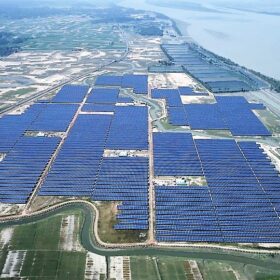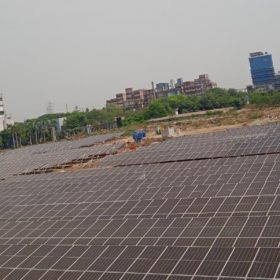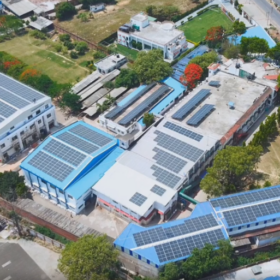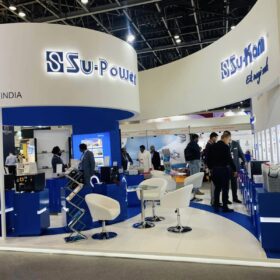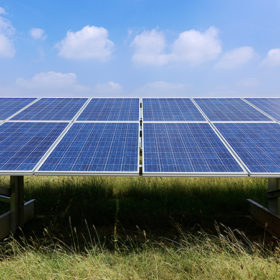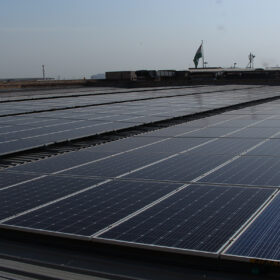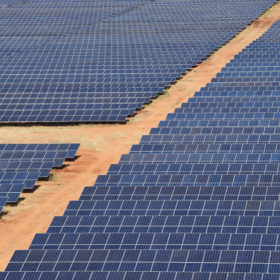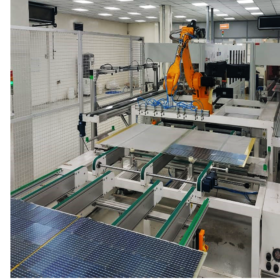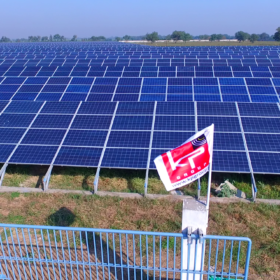Bangladesh to buy power from 64 MW of solar at $0.107/kWh
The Bangladesh Power Development Board (BPDB) has agreed to buy power under a 20-year power purchase agreement (PPA) from two solar plants with capacities of 20 MW and 44 MW.
Gensol Engineering revenue soars 144% in fiscal 2022-23
The Ahmedabad-based solar EPC and advisory services provider has recorded a revenue of INR 391.61 crore for the fiscal year ended March 31, 2023, defying the headwinds posed by volatile commodity prices.
Roofsol installs 4 MWp rooftop solar at shoe factory
Mumbai-based Roofsol Energy has commissioned a 4 MWp rooftop solar project for Uttar Pradesh-based shoe manufacturer Mirza International.
Maharashtra tenders 615 MW of distributed solar
Maharashtra State Electricity Distribution Co. Ltd (MSEDCL) has started accepting bids to develop grid-connected, ground-mounted solar plants in the Aurangabad, Kokan, and Pune regions of Maharashtra. The ceiling tariff is fixed at INR 3.20 ($0.039)/kWh. Bidding will close on May 8.
Su-Kam Power Systems to establish sustainable energy storage park in Himachal Pradesh
Su-Kam Power Systems has signed a memorandum of understanding with Himachal Pradesh government to establish a sustainable energy storage park in the state. It plans to invest around INR 300 crore to manufacture renewable, e-mobility, and solar energy products in this park in the near future.
SECI tenders 300 MW solar under CPSU Scheme
Solar Energy Corp. of India Ltd (SECI) has invited domestic bids to install a 300 MW (AC) solar PV project, on a turnkey basis, in Andhra Pradesh.
Amplus led ‘Opex’ mode rooftop solar installations in 2022
Amplus accounted for around 26% of the overall Opex mode rooftop/on-site solar installations in India during CY 2022, according to a report by JMK Research and Analytics.
Avaada Energy wins 560 MW (DC) solar project in Maharashtra
Avaada has secured a 560 MW (DC) solar project from Maharashtra State Electricity Distribution Co. Ltd (MSEDCL). The project will supply power to MSEDCL at a tariff of INR 2.88 ($0.035)/kWh.
Saatvik establishes US subsidiary
The Indian solar manufacturer will sell its made-in-India PV modules in the USA through the newly opened office in Texas. Going forward, it plans to set up an overseas manufacturing facility too.
KP Group and UAE’s Tristar partner on renewable energy projects
KP Group, a Gujarat-based renewable energy developer, has signed an agreement with UAE’s Tristar to jointly identify and execute wind, solar, green hydrogen, and green ammonia projects in multiple regions globally.
